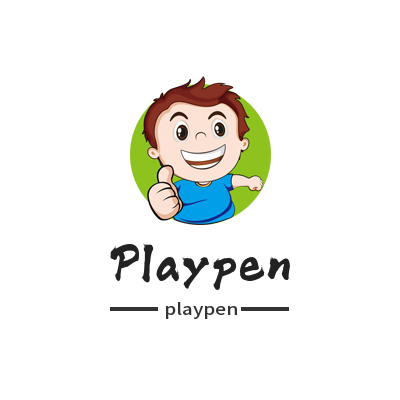A baby who is free to explore at home rarely feels bored, but there is nothing to keep him interested for a long time because he has too much to see and do. The baby at this stage is an "observer" and will spend a lot of time observing various objects.
1. Allow the baby to move freely
Even a small home is a very rich environment for children. Allowing babies to explore as they wish is a natural and effective way to cultivate children's curiosity. Exploring as you wish also allows your baby to constantly cope with physical challenges and develop better in motor development.
Rather than confining the baby in a small baby fence space, it is better to identify potential dangers in the home and avoid them. Things that are not allowed to play should not be allowed to appear where the baby can reach them. For example, scissors should be in the toolbox, knives and forks should be in the kitchen, and the thermos bottle should be out of the baby's reach.

2. Provide suitable toys for your baby
① Children at this stage will have great interest in "hand-eye" toys, which means that the baby can operate them by themselves and can see the interesting changes that occur after their own operation. For example, if there is a mechanism or button, the baby only needs to press it, and the toy lid will open and a cute doll will pop out.
②Balls can also bring endless fun to children. The baby’s favorite toys in the first two years are various balls. You can buy the baby’s first ball that is inflated and not easy to break. It is a very interesting activity for the baby to pick it up and throw it, observe its trajectory, and then try to pick it back up.
③Cardboard books are also very good toys. Babies can bite the books to satisfy their mouth’s desire to explore, and they can turn the pages to satisfy their “hand-eye” skills. You can also tell them about the things on the picture. Board books can satisfy the baby’s many needs. kind of interest.
④ There are also many toys that do not require money to buy, and they are also the favorites of babies. You can leave some plastic bottles, plastic spoons, egg-shaped containers, spools and other small things on weekdays, as long as there is no coating on the outside and there are no small things that are easy to fall off. Parts and everything can be taken to the baby to play with. Because there are so many types of these things, babies will spend a lot of time studying them and are very interested in them without spending any money. Children at this stage are also interested in pots and kettles, but the only drawback is that they are too noisy.
Sometimes things that interest babies may be boring to adults, such as opening and closing drawers, picking up crumbs from the floor, and playing with packaging boxes. At the stage when children should be exploring, let them explore every corner of the home as freely as possible. All parents need to do is step back behind them and appreciate their children's "play value."

